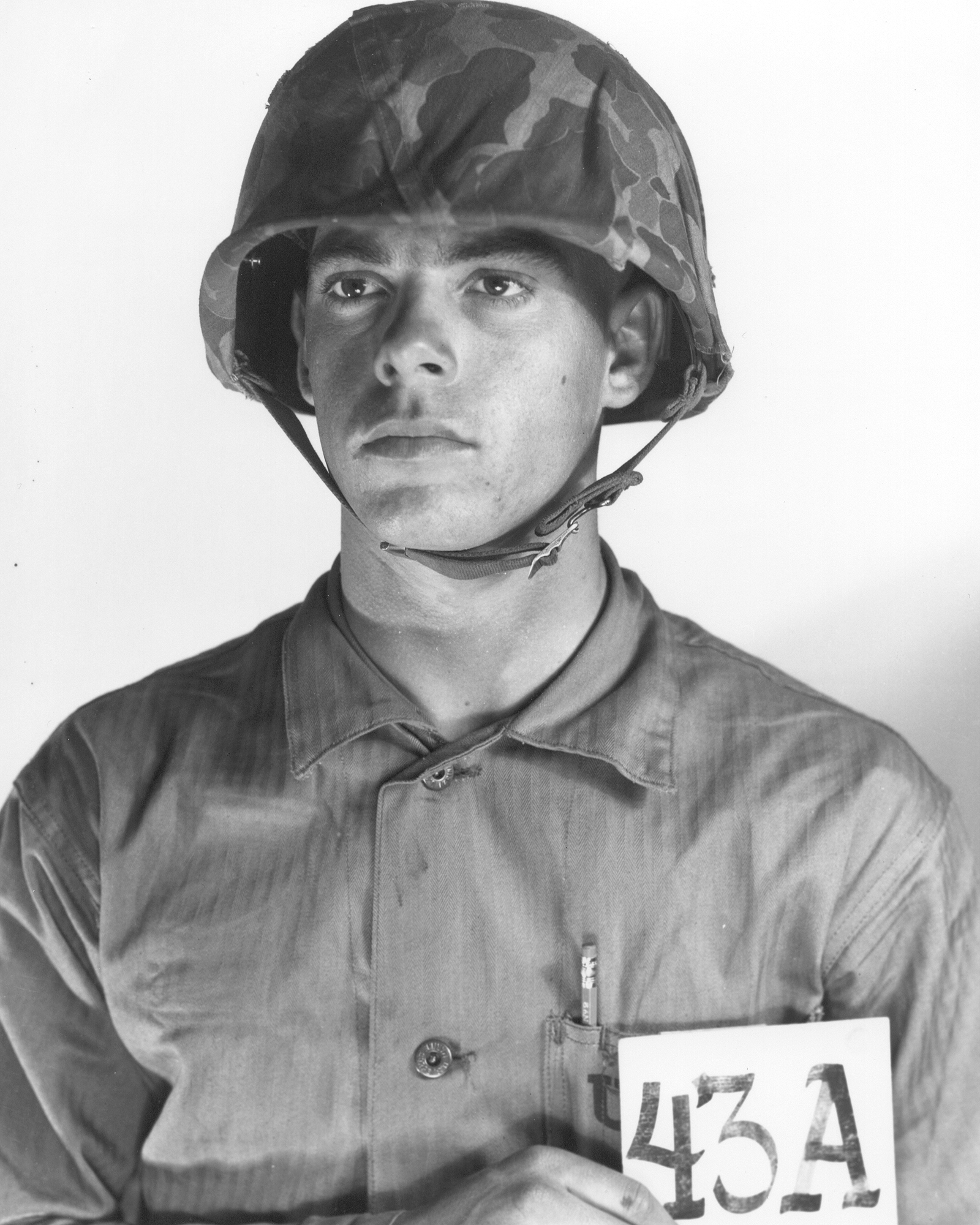On a momentous day in history, July 4, 1776, a group of representatives came together in Philadelphia to forge a new nation built from the will of its citizens, forever altering the course of history. This signing marked the birth of a new nation and solidified the principles of liberty, equality, and self-governance, at least to the best of their ability given their time. This pivotal act of defiance laid the foundation for the American Revolution and set an example for future generations to aspire to. Yet there lingers a question for history; where did those men who met in that hall in Philadelphia end up? There are 56 signatures on the bottom of this legendary document. Some names are still part of the American zeitgeist, but some have been relegated to the dusty pages of ignored history textbooks. Let us brush the pages a bit and see just a few of those rarely remembered.
George Read – Delaware
During the Revolutionary War, the British captured the Governor of Delaware, and Read stepped up to the plate in his absence, raising money and troops while in the defense of his state. In later years, Read retired due to poor health, only to return for two terms in the Delaware senate, then Chief Justice until his death in 1798.
James Wilson – Pennsylvania
Born in Scotland, Wilson was well known as a logical and powerful orator who fought vehemently for the separation of the colonies from British rule. Despite this, the state of Pennsylvania was divided on the issue of independence, and he would not vote against the wishes of his constituents. While this did not win him many friends, it did earn the respect of those whom he was chosen to represent. Time was made for Wilson to return to his district to convince his people to approve of an independence vote, at which he was successful.
After the signing, Wilson’s situation began a downward spiral. Moving to Philadelphia he began a legal practice to some moderate success, but was also prospecting and profiteering on the side, with less positive results. In 1779 his property was attacked in a foot shortage riot, and he had to be rescued and brought to a hiding place for his own safety.
From 1779 to 1789, Wilson managed to pull up from the brink a bit, with several positions in government and banking, but in 1789 it all went down the drain. Wilson’s wife died, and he spent his fortune on speculations in New York and Pennsylvania that left him so broke he was sent to a debtor’s prison. Ironically, this was while he still served as a member of the Supreme Court.
By 1798, Wilson was so broken he could not work or function in any significant capacity and died that year while visiting a friend in North Carolina.
Elbridge Gerry – Massachusetts
Gerry was one of the initial envoys sent to France by the newly formed US government and was in 1810 elected Governor of the state of Massachusetts. This was where he ran into some trouble; Gerry was in favor of redrawing electoral districts to heavily favor his political party over the actual demographic population of that district. This would be what he was best known for, as it is the origin of the term “Gerrymandering” for which there are constant legal battles to this day.
Despite this, Gerry was elected to the office of Vice President in 1812 and died in that office in November of 1814.
William Whipple – New Hampshire
Unlike many of his peers, Whipple was born to a common household, attended a common school, and made his own fortune as an able sailor. With his fortune won through shrewdness and hard work, he entered public service.
When the Revolution began, Whipple was appointed a Brigadier General of the New Hampshire Militia, where he won decisive victories at the battles of Saratoga and Stillwater. With the war won, he served as an associate justice of their superior court, even during failing heart health, until he fell from his horse exhausted in 1785 literally traveling the court’s circuit.
There are, of course, many more of these stories, with 52 signatories left to go. Whenever we see issues being debated on the news or have discussions of current events with friends and coworkers, it would serve us well to remember the lives of those names less common in the minds of those making the debate. George Santayana wrote in 1905 that those who fail to remember the past are doomed to repeat it… A lesson we would do well to consider in the victories and defeats of those we hold up as heroes.



%201.svg)









